Spermatogenesis MCQs with answers for neet-CBSE-JAC exams
■lesson-3 human reproduction and Spermatogenesis MCQs with answers for neet-CBSE-JAC exams
■subtopics:- gametogenesis and spermatogenesis and their process and Spermatogenesis MCQs with answers for neet-CBSE-JAC exams
■introduction :- Spermatogenesis MCQs with answers for neet-CBSE-JAC exams,students might be busy in your preparation for coming CBSE ,12th board Jharkhand academic Council exams and other state board exam biologysir.com will provide many type of education material like fill in the blanks, true or false matching type questions ,multiple choice questions, very short questions answers type, short questions answer type and long questions type of 12th class Biology from each topic that help you in your preparation and Spermatogenesis MCQs with answers for neet-CBSE-JAC exams
*In this post :- we provide you Spermatogenesis MCQs with answers for neet-CBSE-JAC exams and MCQs test sample with answer from the lesson 3 human reproduction .biologysir.com
Spermatogenesis MCQs with answers for neet-CBSE-JAC exams
1) diploid primary germ cells in male is
A) spermatogonia
B) oogonia
C) testes
D) ovary
Ans. A
2) diploid primary germ cells in female is
A) spermatogonia
B) oogonia
C) testes
D) ovary
Ans. B
3) primary sex organ in male is
A) spermatogonia
B) oogonia
C) testes
D) ovary
Ans. C
4) primary sex organ in female is
A) spermatogonia
B) oogonia
C) testes
D) ovary
Ans. D
5) the process of formation of haploid male and female gamete is known as which of following
A) implantation
B) gametogenesis
C) spermatogenesis
D) oogenesis
Ans. B
6) the process of formation of haploid male gamete is known as which of following
A) implantation
B) gametogenesis
C) spermatogenesis
D) oogenesis
Ans. C
◆you should also visits our website https://biologysir.com and other website for civil engineer calculation at civilsir.com
■ follow on YouTube
7) the process of formation of haploid female gamete is known as which of the following
A) implantation
B) gametogenesis
C) spermatogenesis
D) oogenesis
Ans. D
8) testicular cycle present in
A) continuous breeders
B) seasonal breeders
C) annual breeders
D) none
Ans. B
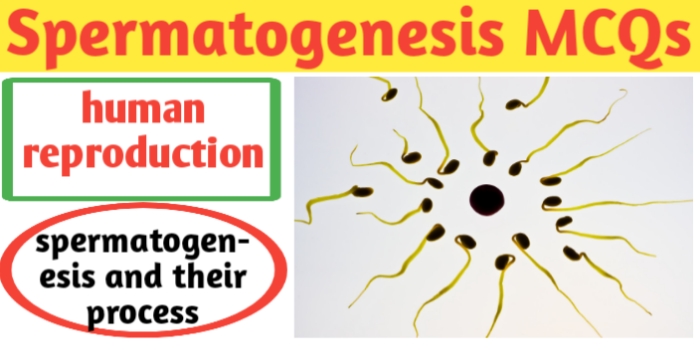
■ Spermatogenesis MCQs with answers for neet-CBSE-JAC exams
9) the Rapid mitotic division of diploid primary germ cells to formed spermatogonia in male is known as
A) growth phase
B) multiplicative phase
C) maturation phase
D) spermiogenesis
Ans. B
10) which of the following form stem cells
A) type A spermatogonia
B) type B spermatogonia
C) both A and B
D) none
Ans. A
11) which spermatogonia move inward and enter into growth phase
A) type A spermatogonia
B) type B spermatogonia
C) both A and B
D) none
Ans. B
12) diploid spermatogonia increase in size by the accumulation of nutritive material in the cytoplasm that form diploid structure
A) secondary spermatocytes
B) primary spermatocytes
C) spermatids
D) sperm
Ans. B
13) development of diploid primary spermatocytes from the diploid spermatogonia in which process
A) growth phase
B) multiplicative phase
C) maturation phase
D) spermiogenesis
Ans. A
14) which one is longer one duration
A) growth phase of spermatogenesis
B) growth phase of oogenesis
C) both
D) none
Ans. B
15) the process in which diploid spermatogonia increased in size and change into diploid primary spermatocyte is known as which of following
A) spermatocytogenesis
B) gametogenesis
C) spermatogenesis
D) oogenesis
Ans. A
16) diploid primary spermatocytes undergoes meiosis 1 and meiosis 2 reductional division to form secondary spermatocytes and spermatids that phase is known as
A) growth phase
B) multiplicative phase
C) maturation phase
D) spermiogenesis
Ans. C
17) in maturation phase meiosis-1 forms
A) primary spermatocytes to secondary spermatocytes
B) primary spermatocytes to spermatids
C) secondary spermatocytes to spermatids
D) none
Ans. A
■ Spermatogenesis MCQs with answers for neet-CBSE-JAC exams
18) in maturation phase meiosis-2 forms
A) primary spermatocytes to secondary spermatocytes
B) primary spermatocytes to spermatids
C) secondary spermatocytes to spermatids
D) none
Ans. C
19) 1 primary spermatocytes forms how many number of spermatids
A) 1 haploid spermatids
B) 4 haploid spermatids
C) 3 haploid spermatids
D) 2 haploid spermatids
Ans. B
20) nature of secondary spermatocytes is
A) haploid
B) diploid
C) triploid
D) none
Ans. A
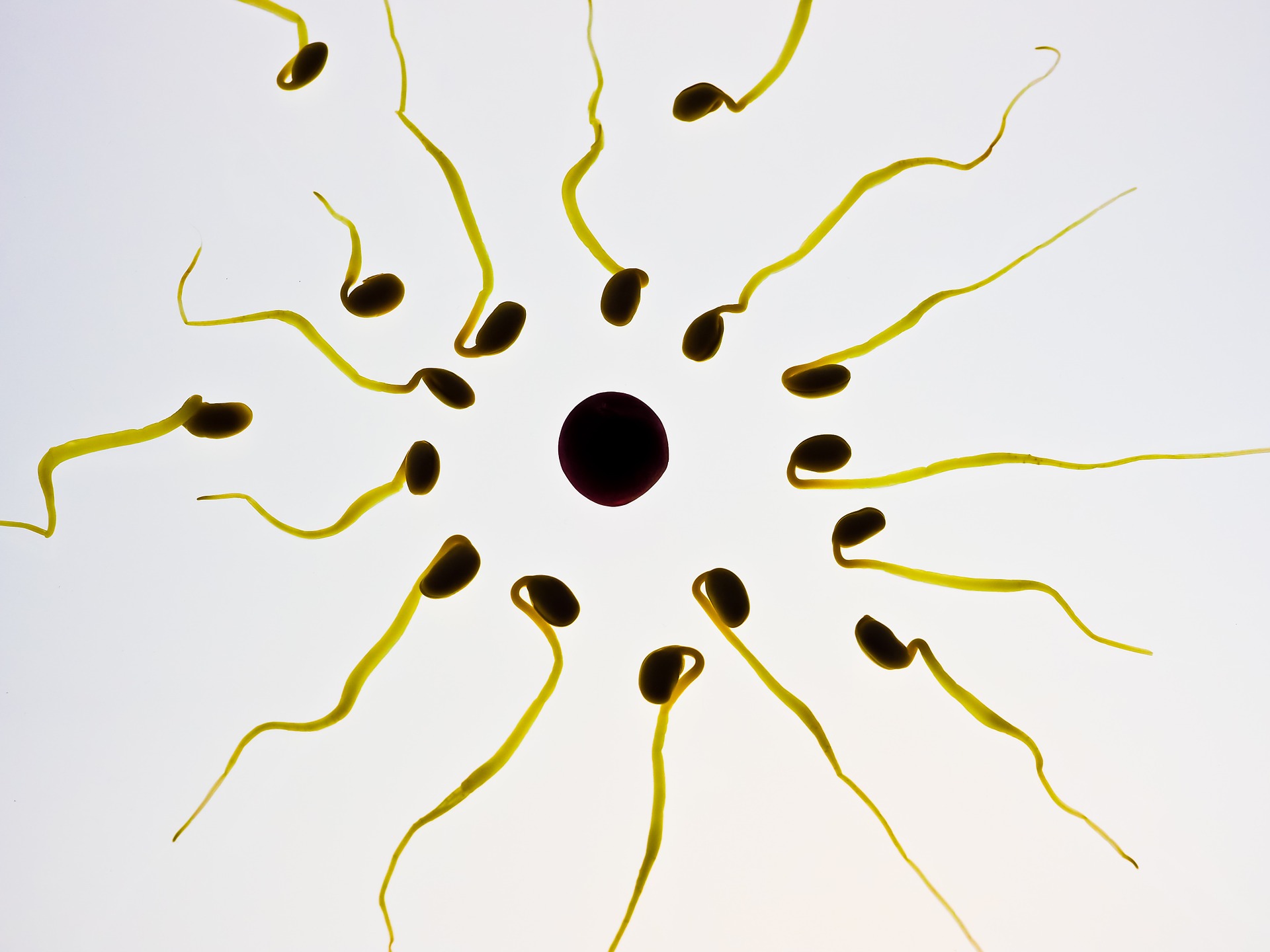
■ Spermatogenesis MCQs with answers for neet-CBSE-JAC exams
21) the nature of spermatid is
A) haploid
B) diploid
C) triploid
D) none
Ans. A
22) the nature of primary spermatocytes and spermatogonia is
A) haploid
B) diploid
C) triploid
D) none
Ans. B
23) the transformation of a non motile haploid spermatids into a functional and motile sperm atozoan is known as which process
A) implantation
B) gametogenesis
C) spermatogenesis
D) spermiogenesis
Ans. D
24) which form acrosome of a sperm
A) Golgi body of spermatids
B) centriole of spermatid
C) distal centriole of spermatid
D) mitochondria spermatids
Ans. A
1)matching type question sample -1
2) biology class 11th and 12th all full forms
3) MCQs test sample-1 in biology for class 12th-JAC Exams
25) which form neck of sperm
A) Golgi body of spermatids
B) centriole of spermatid
C) distal centriole of spermatid
D) mitochondria spermatids
Ans. B
26) which one gives rise to axoneme of tail of sperm
A) Golgi body of spermatids
B) centriole of spermatid
C) distal centriole of spermatid
D) mitochondria spermatids
Ans. C
27) which one gives rise to middle piece of sperm
A) Golgi body of spermatids
B) centriole of spermatid
C) distal centriole of spermatid
D) mitochondria spermatids
Ans. D
28) in one complete a spermatogenesis process one spermatogonia forms how many sperms
A) 2 haploid sperms
B) 4 haploid sperms
C) 3 haploid sperms
D) 1 haploid sperms
Ans. B
29) which cells provide nutrition to development of spermatozoa
A) leydig cells
B) sertoli cells
C) interstitial cells
D) none
Ans. B
30) the mature spermatozoan are released in the lumen of seminiferous tubules that process is known as which of following
A) spermiation
B) gametogenesis
C) spermatogenesis
D) spermiogenesis
Ans. A
31) the two testes of young adult human male forms how many sperm each day.
A) 110 millions
B) 130 millions
C) 120 millions
D) 140 millions
Ans. C
32) which hormone stimulates the Leydig’s cells of testes to produce male sex hormone
A) FSH
B) LH
C) testosterone
D) none
Ans. B

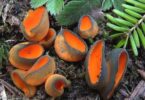

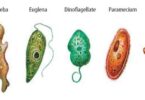
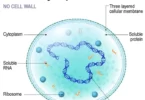
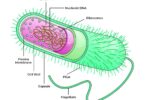
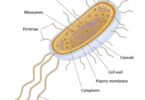
Very helpful